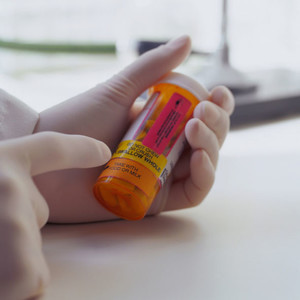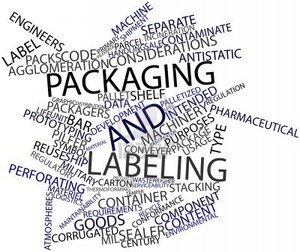In 2003, the National Department of Health (DoH) of South Africa implemented a fast-track registration policy, not only for new chemical entities (NCEs) considered essential for national health and which may not be on the Essential Medicines List (EML) of South Africa, but also for all medicines on the EML, the majority of which are generics [1].
This is in contrast with the fast-track registration policy of many other countries, which is restricted to investigational new drugs designed for diseases for which there are currently no effective and/or safe treatments available [2]. The fast-track policy requires the Medicines Control Council (MCC), which is South Africa’s medicines regulatory authority, to either register or reject a medicine (due to, for example, safety concerns) within a period of nine months after receiving an application for its registration.
The main reason for fast-tracking generic medicine registration was to make generics, which generally cost significantly less than originator medicines, rapidly available to the public after the patents on the originators have expired. Unfortunately, the policy did not specify an upper limit for the number of generics of a particular medicine that can be registered by this fast-track pathway. This led to a large number of generics applications for the same medicine being submitted by companies for fast-track approval even when the MCC has already registered several generics for that medicine. A backlog ensued due to insufficient staff, which resulted in the MCC being unable to comply with the nine-month time limit for approving or rejecting an application for expedited registration.
The authors of this paper [3] believe that this backlog in the fast-track review system has had a detrimental effect on patient access to critical pharmaceutical medicines and biosimilars, a class of life-saving biological medicines, which are cost-effective compared to their originators.
In the following article the authors highlight the problem with the expedited system in South Africa, using biosimilars as an example of where the system is failing to deliver on its promise of early access to critical life-saving medicines.
Conflict of interest
The author of the research paper [3] did not provide any conflict of interest statement.
Abstracted by Henry MJ Leng, PhD, from School of Public Health, University of the Western Cape, South Africa.
Editor’s comment
Readers interested to learn more about generics policies are invited to visit www.gabi-journal.net to view the following manuscript published in GaBI Journal:
Pro-generics policies and the backlog in medicines registration in South Africa: implications for access to essential and affordable medicines
Generics policies–a globally-relevant implementation challenge
Generic medicine pricing: on track in Europe?
GaBI Journal is now indexed in Embase, Scopus, Thomson Reuters’ ESCI, and more.
Readers interested in contributing a research or perspective paper to GaBI Journal – an independent, peer reviewed academic journal – please send us your submission here.
Related articles
Driving down drug prices: how regulators can influence affordability
South Africa’s expedited registration policy not speeding up access to biosimilars
References
1. Republic of South Africa. Health Department. Medicines Control Council. General information guideline. 2008 [homepage on the Internet]. [cited 2016 Sep 9]. Available from: http://www.mccza.com/documents/1d9c57df2.01_General_information_Jul12_v8_showing_changes.pdf
2. U.S. Food and Drug Administration. Fast track, breakthrough therapy accelerated approval and priority review. Accelerating availability of new drugs for patients with serious diseases [homepage on the Internet]. [cited 2016 Sep 9]. Available from: http://www.fda.gov/ForPatients/Approvals/Fast/default.htm
3. Leng HM, Pollock AM, Sanders D. The impact of the Medicines Control Council backlog and fast-track review system on access to innovative and new generic and biosimilar medicines of public health importance in South Africa. S Afr Med J. 2016;106(4):43-6.
Permission granted to reproduce for personal and non-commercial use only. All other reproduction, copy or reprinting of all or part of any ‘Content’ found on this website is strictly prohibited without the prior consent of the publisher. Contact the publisher to obtain permission before redistributing.
Copyright – Unless otherwise stated all contents of this website are © 2016 Pro Pharma Communications International. All Rights Reserved.








 0
0











Post your comment